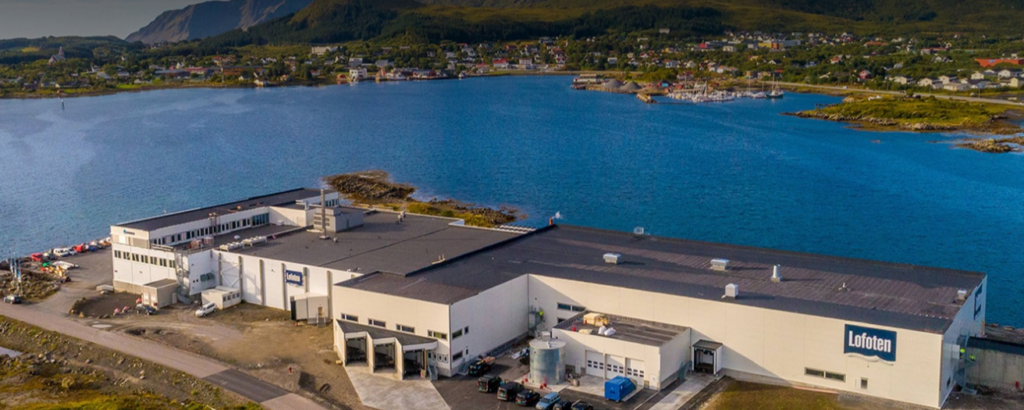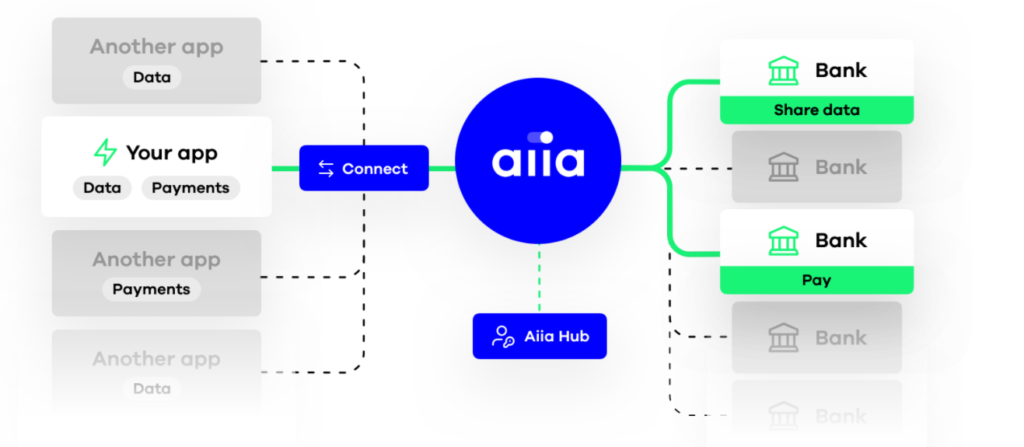Executive
Digital Health – A New Nordic Stronghold?
By David Munis Zepernick, Head of Business Development, Medicon Valley Alliance.
Digital health solutions are an essential part of the solution to a global challenge for health care in all major countries. The challenge is very simplistic, as we are living longer and, as a consequence, an increase in chronic diseases that need treatment which will result in and increased expense for treatments of patients.
The extended life-expectancy is a major health benefit, but it does not come free of charge, and no country today has a future-proof and fully funded health model that is 100% geared to meet citizens’ rising expectations accompanied by the pressure of increasing costs.
When digitization can be a crucial contribution to future-proofing and adaptation of the health service and the way in which we organize it, it is mainly due to the fact that digitization and intelligent use of health data, if properly grasped, can support and streamline four crucial elements of importance for the quality and price of healthcare.
Digitization and intelligent use of health data can strengthen both predictability (who, how many get ill and of what), prevention of diseases, the use of personal or tailored medicines (which treatment works for which patient) and patients’ co-ownership of their own health (with increased knowledge of my own disease, how do I, as a patient optimize my own health).
The challenges for patients and health services are, as mentioned, global. For the proper solutions and associated products and services, that create tangible added value and improved quality for both patients and healthcare, there is therefore also a huge global business potential.
It is not surprising that this has attracted the interest of a wide range of players and industries, including, of course, the so-called GAFAM Group (Google, Apple, Facebook, Amazon and Microsoft), which traditionally has not had health as its main focus. The task and potential to find future-proof solutions for the health care of the future has also resulted in a boom in innovative partnerships between more classic pharmaceutical and medico companies and an undergrowth of small and medium-sized IT, Tech and Mobile companies.

Denmark and Sweden are well equipped
The good news is that the Nordic countries have not only recognized the need but have also increasingly recognized the potential and have put words into action. Digital health is thus a cornerstone of both the newer Danish and Swedish national life science strategies and in the broader public health strategies, Denmark and Sweden, both consistently ranked in the top 10 in virtually any ranking of the use of e-health solutions, digital health, Smart Health etc.
Nevertheless, contact, coordination and thus the possibility of strategic ”cross-pollination” between Denmark and Sweden are unfortunately limited. The Danish and Swedish life
science strategies, which, because of the many similarities between our societies, are based on many of the same challenges and are thus conceived very transparently in parallel, but isolated, national political processes.
But it doesn’t have to be that way. The Nordic countries’ two undisputed leading life science nations could also opt for a less competitive and more partnership-bases course, including the area of digital health.
Medicon Valley – the focal point for a Danish-Swedish pairing and partnership?
With the support of the governments of Copenhagen and Stockholm, Denmark and Sweden could become the focal point for digital health in the Nordic region. A Danish-Swedish partnership could help cement and future-proof the Nordic region’s current position at the forefront of the field. Medicon Valley and the Öresunds Region could appropriately add ”laboratory facilities” to such a Danish-Swedish joint venture.
Region Skåne is thus not only geographically unique as a bridge builder between Copenhagen and Stockholm but Region Skåne’s tech companies already attract a disproportionate share of the total investment in start-ups in the Nordic region. Tech aficionados will know that both Bluetooth and the world’s first mobile phone were invented in Skåne. We should be able to benefit from this, also in Denmark.





